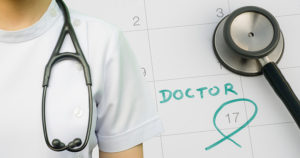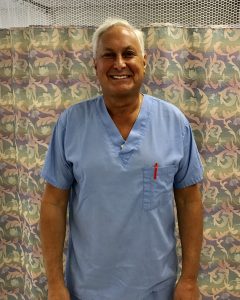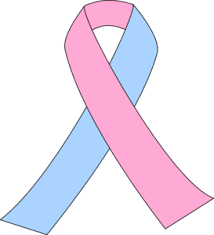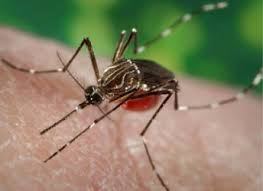According to the Centers for Disease Control and Prevention (CDC) flu season runs from October through May, with the most recorded cases usually identified during the month of February.
With cold and flu season upon us, Dr. Alexander Kintzoglou, Chairman of the Department of Medicine at Flushing Hospital Medical Center would like to share some cold and flu prevention tips.
- Flu Shot – The best measure to take against getting the flu is to get a flu shot. The CDC states that, “Flu vaccines have been updated to better match circulating viruses.”
- Hand hygiene – No matter what your daily routine is, you will most likely come in contact with other people. By washing your hands frequently, with soap and water, you can prevent receiving germs that may cause the cold or flu. If you are unable to access soap and water, you can use hand sanitizer in a pinch. Just make sure the product has an alcohol base.
- Sanitize – By keeping your surrounding area clean ( i.e. computer station, key board, door knobs, light switches, etc.) you will lessen your risk of catching a cold or the flu.
- Shaking hands – Be cautious when shaking hands, especially with people who are sick. Remember to wash your hands after an encounter.
- Keep a healthy lifestyle – There is no better immunity builder than good nutrition. By eating right, your body will have the natural antibodies to fight off the cold or flu.
- Smoking – By triggering your allergies, which can cause an upper respiratory infection that can weaken your immune system, smoking may make you more susceptible to getting a cold or the flu.
According to Dr. Kintzoglou, “Nobody gets the flu from the flu vaccine.” He further states, “Receiving a flu shot protects not only yourself, but your friends and family.” He urges everyone to get vaccinated.
If you would like to get a flu shot, call the Flushing Hospital Medical Center Ambulatory Care Center at 718-670-5486 to schedule an appointment.
All content of this newsletter is intended for general information purposes only and is not intended or implied to be a substitute for professional medical advice, diagnosis or treatment. Please consult a medical professional before adopting any of the suggestions on this page. You must never disregard professional medical advice or delay seeking medical treatment based upon any content of this newsletter. PROMPTLY CONSULT YOUR PHYSICIAN OR CALL 911 IF YOU BELIEVE YOU HAVE A MEDICAL EMERGENCY.








